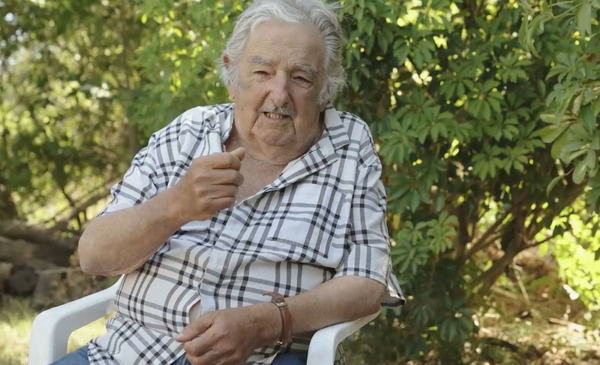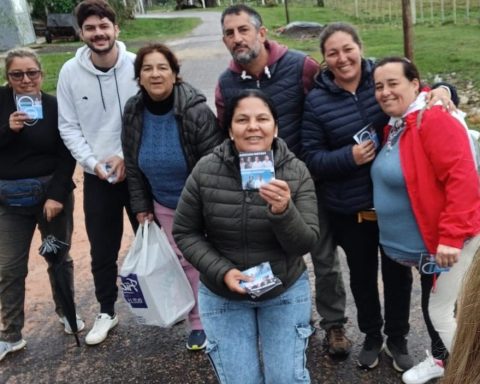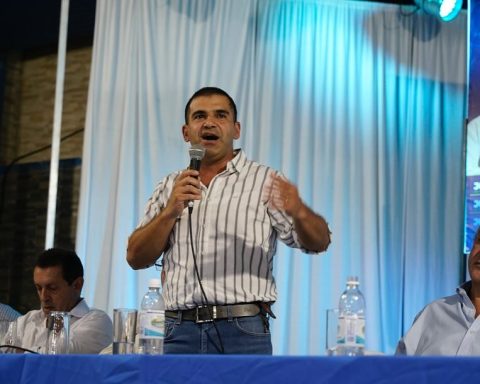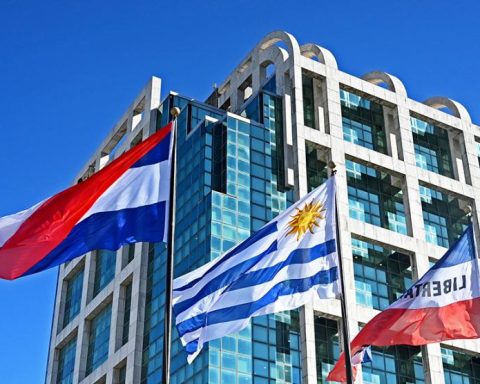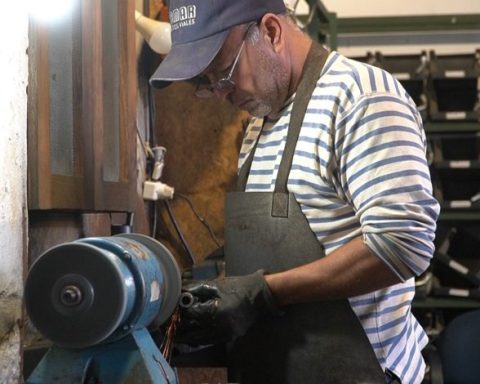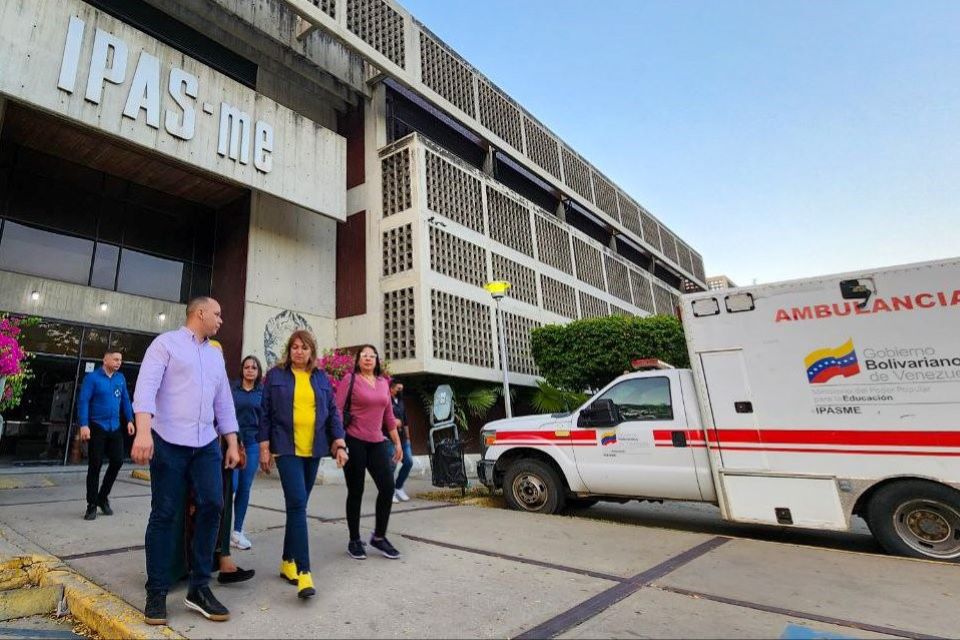The former Uruguayan president Jose Mujica received to Oscar Gonzalez Gold in his farm in Rincón del Cerro for the cycle Postscript of The Observer. In this second installment of the interview, the former president spoke about his government (2010-2015) and referred to the duties of his management.
Mujica said that the great problem of his government was “to distrust little”and also mentioned the link that existed during his presidency with the Argentine business community, while stating that he is concerned about the current investment scheme that Uruguay receives.
Below is a summary of the second part of the talk between Mujica and González Oro. The first part can be seen at this link.
Make me a self-criticism of your presidency. What did he do right and what did he do wrong?
Some things we did right and some things went wrong. We distrust little. We have a barbaric problem with electricity. Every time we had a drought we were kicking. So we instrumented using the wind and we were lucky because the 2008 crisis brought conditions like we could put a lot of windmills. Since they were in crisis, they got stuck there and we did an interesting business. But it is very important when you have a lot of electrical and hydraulic backup like Uruguay, which has three dams on the Río Negro and then the one we have with Argentina, when there is a severe drought, it has less water and less electricity, so you always have to to have thermal backup and there we went to buy the most modern thing that was available, which is a large combined cycle plant that can run on gas or fuel. And we had to have gas because if we produced electricity from gas, we would get 30% less. But also the teams last much longer. And the environment is harmed less. But we bought it from the combined cycle just in case and we started to fix the problem with the pipe. Went wrong. Because we always dream of Argentina. We have a pipe that crosses the Uruguay River that never passed gas because Argentina has stacked gas, but it does not reach Buenos Aires. So we threw ourselves into making a regasification plant and it went badly for us because there was a company that was in charge of the civil works, a Brazilian company, and it had a barbaric mess there and it went to hell. We did business with a private Belgian company that is a kingpin in gas management. Since that company, which is one of the best in the world, had taken a trip, the other company had to do the civil works and it went and had problems and went downhill and there we sounded, with the work started and we ate a useless nail. We have wanted to have gas here for more than 30 years and we cannot. Well, we went wrong.
I remember one of the acts of his government was to summon Argentine businessmen. Bring them all together, I think it was at Conrad to ask them to come and invest in Uruguay specifically.
And some came. Bulgheroni, who has done very interesting things here in Uruguay, made a spectacular winery. He built a farm in Durazno. He would have 4,000 or 5,000 stabled cows. He leaves the milk and goes to a powdered milk factory as well.
You opened up the market, you opened up so that investors could have legal certainty, something that we did not have in other places and that was good.
Now… you have to be more selective. We need investment from outside, yes. We need it, but bring us technology and do things that we don’t know how to do. To put bowling alleys we do not need them to come from outside. The only ones who know how to set up bowling alleys are us. To sell hamburgers? To make pizzerias? No no. That is why I say we have to be more selective. Not just anyone. Because otherwise, we put the market. And I’m not worried about the private sector, I’m worried about this tendency towards the transnationalization of all the channels because a phenomenon that we didn’t see is appearing. That we lose sovereignty over the surplus. Let’s see if you understand me, because a transnational company comes, places a supermarket here, a supermarket here, a supermarket here or a pharmacy, but later the profit, it will take it to where it suits the company and it has the world to look at and I need to The guy who is here who has a pharmacy and who earns a peso, put it here. It leaves the bourgeoisie, the petty bourgeoisie, and what happens to me with the petty bourgeoisie? It happens to rentism. Half of the land we have is leased, or he buys an apartment and rents it out. No brother, we need people who take risks, who run the risk of founding things and move forward, but they don’t have it, because they are cornering us, the guy can’t open a nightclub because there’s a supermarket chain, he can’t open a pharmacy because there are chains and so on and the profits from these things go abroad, because suddenly it is convenient for the owner of the chain to invest in Tanganyika. It’s clear, they come to bring me a technology or they are going to fight in a world market… Do you think I like litter bins? No, I don’t fucking like them. But we can’t be selling logs with sticks outside. And fighting in the world pulp market, for us it is a capital problem, because the investment of the last one will be US$ 4,000 million, but it still has about 25 billion of silver abroad. It’s that we don’t have the capacity to have people who have the courage to set up something like that and manage employees from outside. And they work. You realize? So I say well, you’re working for me. You are taking it by the shovels, because I know well what they are earning.
